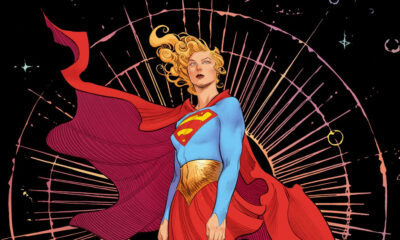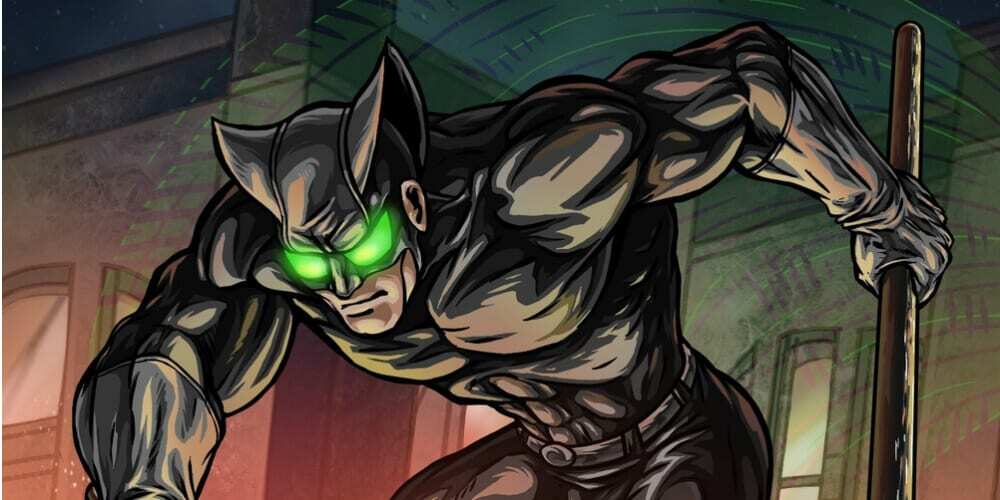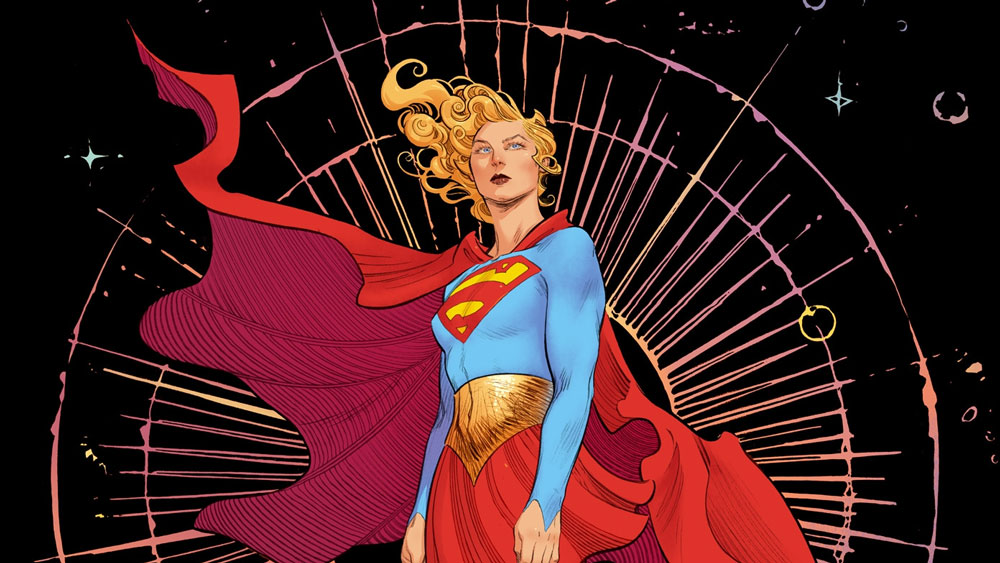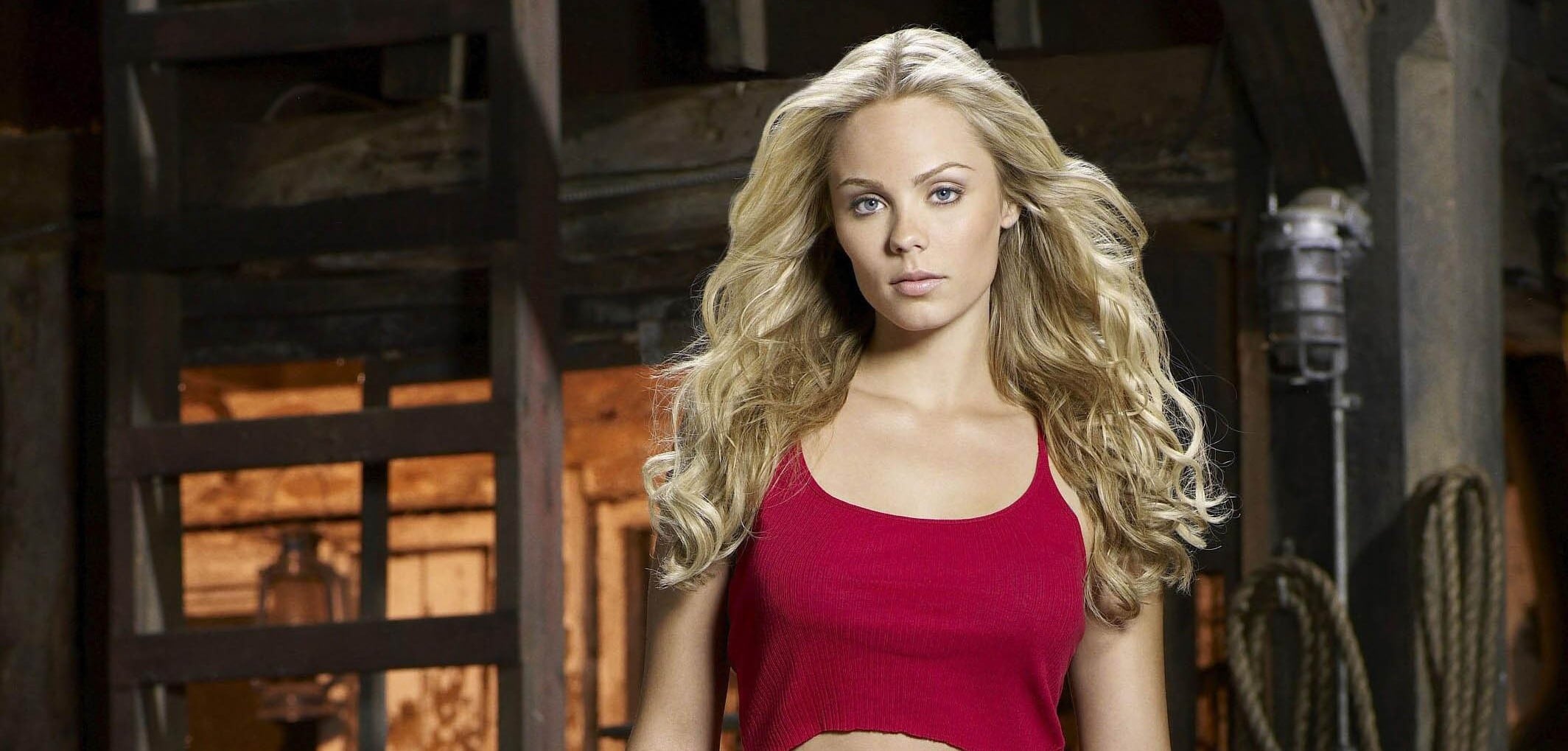Verdict: Focused on fleshing out back-stories and manoeuvring pieces into place for the final stretch of the season as opposed to major plot twists and expansive storylines, Manhunter is an enjoyable, if low-tempo episode of Supergirl that bridges the gap nicely between last week’s big episode and the Flash crossover.
Review
Network shows are often saddled with enormous-sized seasons with more episodes than the season’s story really allows for, and a convenient way to alleviate that problem without resorting to inessential filler is the flashback episode. It’s an easy way to showcase back-stories without resorting to reams of exposition scattered throughout the season explaining the same information, and done right, flashback episodes can really transform our understanding of these characters, delving into what makes each major character tick by placing them in unfamiliar situations where they’re often scarcely recognisable from the characters we know and love. Manhunter isn’t a pure flashback episode in the traditional sense as there’s still a relatively substantial present-day story, but it certainly delved into the back-stories of Kara, J’onn and Alex in far more detail than we’ve ever seen. And as flashback episodes went, this was a generally decent one, although lacking true inspiration in how it lays out these back-stories.
All three ‘origin stories’ are competently handled – they trace a path from A to B that makes sense and works well as a way to service the episode’s main theme, and there’s certainly nothing that contradicts anything we’ve seen in the present day. Nonetheless, on the whole, these flashbacks often feel workmanlike and serviceable as opposed to truly compelling and thought-provoking, and none of the three stories get enough time to really bring a great deal of depth and nuance to these back-stories, so the flashbacks are generally drawn in broad strokes and don’t really delve into the potential psychological complexity of the events depicted. There are a handful of flashback scenes that are genuinely eye opening and surprising, but at worst, they’re just covering things we already know in relatively entertaining fashion.
This problem of retreading events that are common knowledge hangs over the promising J’onn flashbacks. The gist of what happened with Jeremiah Danvers’ death was revealed back when the Martin Manhunter unmasked himself, and Manhunter fails to really add meat to those bones. Due to the rushed pace of these particular flashbacks, any revelatory moments that flesh out these intriguing events are extremely brief, so these flashbacks do, at points, feel like a box-ticking exercise in ticking off the necessary plot points before moving on as fast as possible. Perhaps the biggest indicator of this slightly workmanlike quality rests in Jeremiah’s actual death – we knew he asked J’onn to look after Kara and Alex when he died, but that’s literally all he says here before dying, with no further depth added to this known fact. Nonetheless, there’s a lot to enjoy within the J’onn flashbacks. David Harewood is as excellent as ever, crafting a distinctive, bigoted incarnation of Hank Henshaw with a very small amount of screen-time, and Dean Cain provides a genial performance laden with pathos and compassion, which bodes well for the presumably extended appearances of Jeremiah whenever he returns in the present day. And despite the fact that it’s re-iterating information we already know, J’onn and Jeremiah bonding over their fatherhood is a touching little moment that creates a nice parallel between the Martian and the Danvers father. I think this could have benefited from being the main focus of the episode in order to tell a story that really expanded on known information while adding further emotional resonance, but considering the limited time available, the J’onn flashbacks were pretty efficient and economical in doing what they needed to do.
The other two sets of flashbacks are generally more compelling, though not without their flaws. Kara’s flashbacks may begin with a childhood flashback that re-iterates the idea that Kara always wanted to be a hero, and skimming over the intriguing issue of how Kara had to adapt socially to fit in, but the flashback to her interview at CatCo fares far better, because it does what every great flashback should do – build on information we already know while adding to our knowledge of these characters. It provides a convincing set of reasons for Kara to have been hired while linking neatly into this episode’s themes of belonging and fitting in as Kara speaks of her sheer ordinariness while using her powers to present herself as the supernaturally attentive secretary. This scene generally just works well as a way of deepening our understanding of Kara’s appeal to Cat as an employee, which helps to add further depth to the present-day scenes by providing a logical reason as to why Cat would stick up for Kara by exposing Siobhan’s email fraud. Kara’s flashbacks are neither showy nor revelatory, but they help to expand our knowledge of Kara’s need to fit in to society as well as convincingly affirming CatCo as a necessary grounding presence for the show.
It’s actually Alex’s flashbacks that are the best of the three, mostly because they add the most to our understanding of the character, providing the most drastic character journey of the three presented in Manhunter. Alex as a free-spirited party girl might seem incongruous with the straight-laced government agent presented in the present day, but her transformation is actually a great way of taking her well-established inferiority complex when placed next to her super-powered sister and extrapolating that out to explore how those feelings of inadequacy would actually affect Alex’s life choices. It’s not the kind of story that stands up to a lot of scrutiny due to the drastic and rapid nature of her transformation, but it works on the emotional level that it needs to – logical or not, Alex’s flashbacks are an excellently effective, concise way to build on and flesh out the natural consequences of a well-established element of her character. By illustrating the extent to which Alex’s feelings of inadequacy negatively impacted her life, Manhunter manages to make this relatively nebulous idea that we’ve been told about a great deal into something tangible that the viewer can really latch onto and empathise with.
Ultimately, these flashbacks aren’t there to sketch out every element of these characters’ back-stories – their purpose is to reveal and delve into how these characters have tried to fit in and find a sense of belonging in their life, and that idea reverberates consistently throughout the flashbacks. So while these flashbacks could still have explored how characters fit in with greater depth, they’re ultimately improved by how they collectively complement each other, providing a well-drawn and interesting parallel between three characters who have experienced vastly different circumstances. They’re all ultimately working towards the common goal of exploring these themes of belonging, and that sense of thematic unity does alleviate some of the lack of depth in the individual flashbacks, because a lot of that depth is filled in when the flashbacks are taken as a collective rather than individually.
These themes of belonging extend beyond just the flashbacks, and they’re particularly pertinent with Lucy’s journey this episode. Supergirl has struggled to find a consistent role for Lucy to fill, as she’s flip-flopped between the DEO and CatCo stories intermittently – so it’s encouraging to see that Manhunter finally finds a concrete place for her within the narrative. Like the flashbacks, her journey this episode suffers from the fact that there’s so much going on elsewhere, which means huge conflicts such as her feeling of betrayal about Kara hiding her identity are only given lip service before they’re rapidly resolved. However, despite the rushed feeling of it all, Manhunter is telling a genuinely compelling character journey here as Lucy moves from latching onto bureaucracy as an underling of the oppressive military leader to finding an independent place for herself as leader of the DEO, and there’s a feeling of substantial satisfaction and catharsis as Lucy finds meaning in siding with Kara over the military despite the relatively small amount of time that’s previously been afforded to her character development. Likewise, her discovery that Kara is Supergirl is not only a refreshing one that limits the amount of secrets that are held in this show, but it’s also executed in a surprisingly mature manner – despite all that teasing, the identity reveal ultimately comes as something entirely separate to the slightly melodramatic love triangle drama, which is a good example of Supergirl’s increasing ability to compartmentalise and ensure that separate elements of the show work in tandem rather than at cross-purposes.
Finally, there’s Siobhan’s story, which, in many ways, acts as the dark version of Lucy’s journey as she fights for a place to belong, only to find nothing. Her story is very much tangential to the main plotlines of the episode, so it does feel a little bit tacked-on in places as necessary set-up for next week – but, as unashamed side stories go, this was actually a pretty effective one. With Siobhan, Manhunter walks a narrow line between adding empathy to her character, placing her in a genuinely awful situation where it’s hard not to feel a pang of sympathy for her plight, and framing her as deserving of her circumstances by having her commit a crime that shows her in an unpleasantly deceitful and manipulative light. This means that while the episode prepares her nicely for being a villain by underlining her maliciousness and jealousy, her journey is ultimately a little tragic as she’s been pushed into very unfortunate circumstances from which she couldn’t escape. It’s a good, solid villain origin story, topped off by the well-executed cliffhanger in which her powers materialise as she falls off a building, saving her life in a moment of extreme stress. It might not break much new ground, playing as a standard, slightly tragic villainous origin story, but it’s impressively fleshed out considering the small amount of time that was delegated to this subplot.
Not every episode of Supergirl is going to be as terrific as Falling, so it’s no surprise that Manhunter doesn’t quite hit that mark. It’s noticeably low-key in its ambitions and goes about the pile-up of back-stories and set-up that it needs to explore in a frequently workmanlike manner, as well as rushing many of its key character conflicts. However, there’s enough powerful emotional moments, thematic depth and compelling character journeys to make this a decent enough episode of Supergirl – sandwiched as it is between two major episodes, Manhunter is ultimately a solid breather episode; good enough to keep the season in good stead with three episodes left, but not innovative and thrilling enough to truly live long in the memory.
Odds & Ends
- Hank and Alex are fugitives now – another big shift in the status quo that I’m certainly surprised wasn’t glossed over. I’d imagine they’ll sit next week’s episode out, and they’ll be back in the DEO by season’s end, but it’s good to see Supergirl doesn’t feel the need to revert to the status quo at the end of every episode.
- Project Cadmus is, I suppose, an interesting enough loose end, and the promise that Jeremiah is there certainly elevates its intrigue. There’s a few too many loose plotlines left this season, however, and this isn’t the most exciting of them.
- The episode pays lip service to the mistrust in National City of Supergirl after last week, and hints that it’ll be recurring going forward, but it’s interesting that the twist with the biggest repercussions here was actually Hank’s revelation.
- Winn’s flashback hair was… not a good look. Good thing he changed it.
- It’s Flash crossover time next week as Barry Allen makes his way to National City! There is no way this episode won’t be bags of fun.
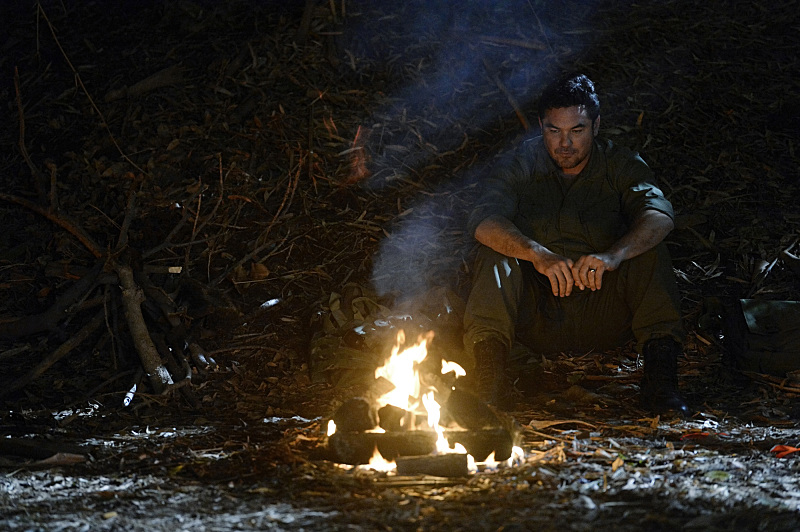

 Opinion5 months ago
Opinion5 months ago
 Smallville6 months ago
Smallville6 months ago
 Smallville7 months ago
Smallville7 months ago
 Lois & Clark7 months ago
Lois & Clark7 months ago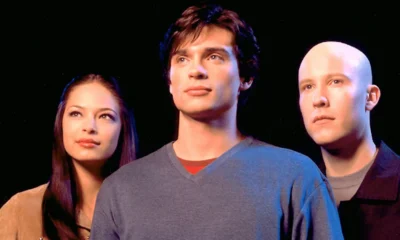
 Smallville6 months ago
Smallville6 months ago
 Smallville6 months ago
Smallville6 months ago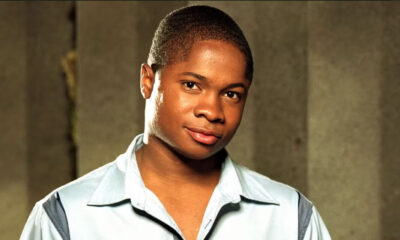
 Smallville5 months ago
Smallville5 months ago
 Smallville4 months ago
Smallville4 months ago







